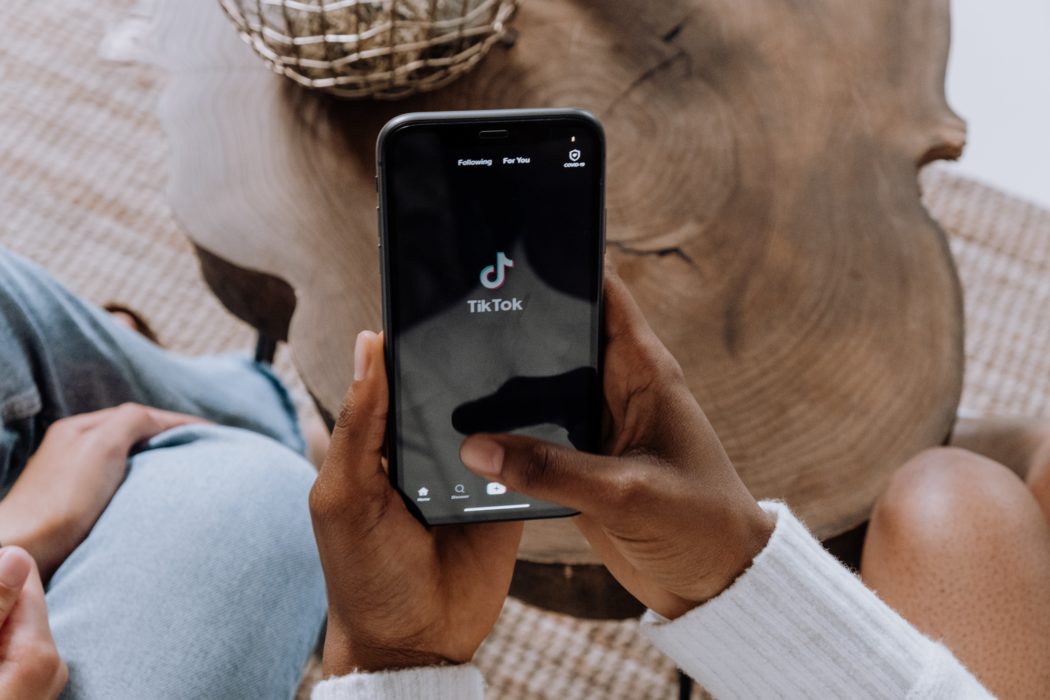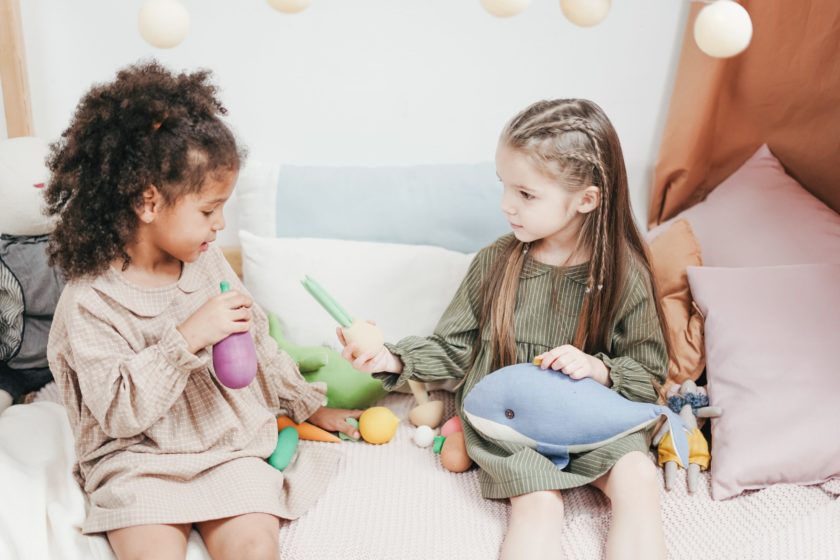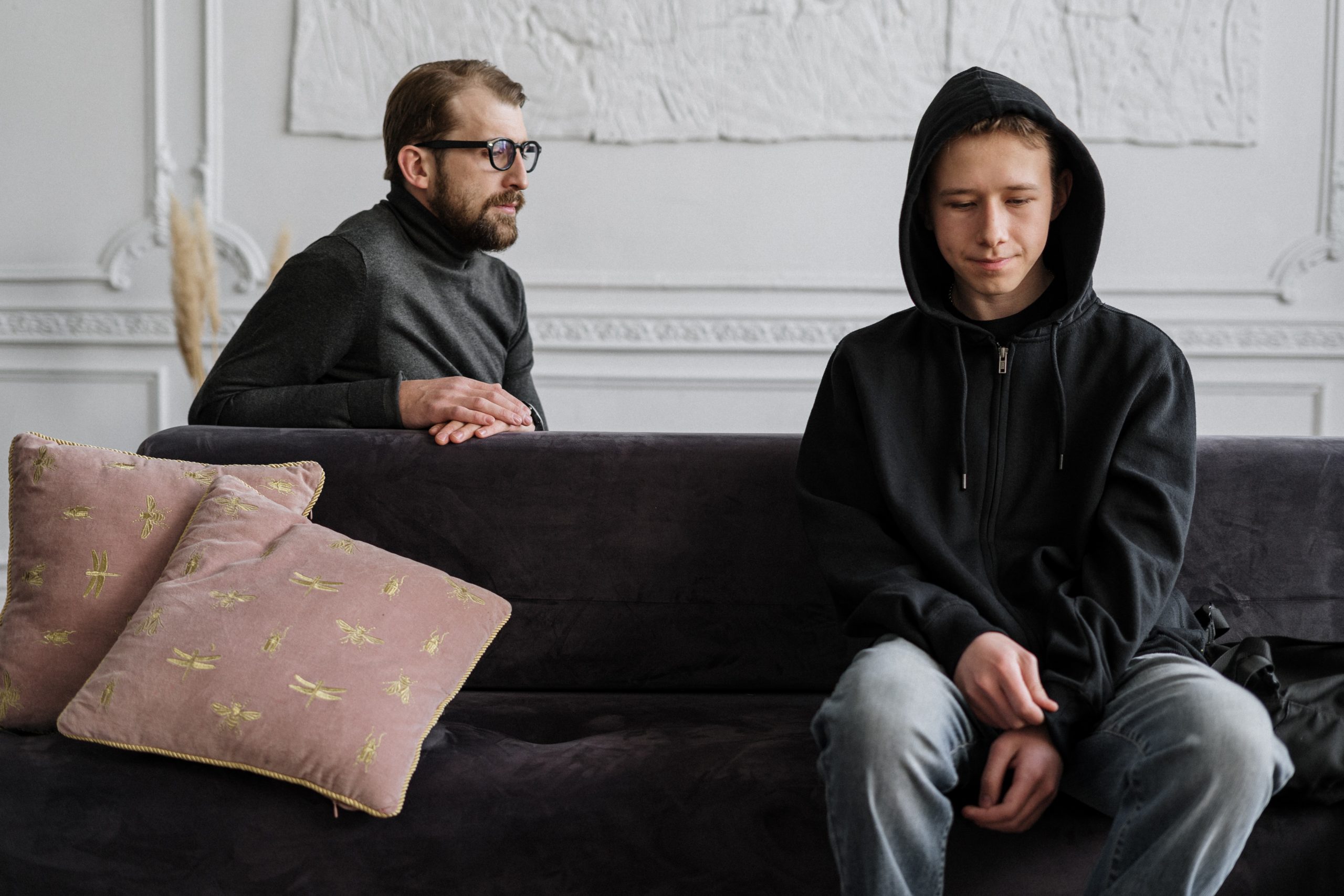Australian mums are using Tiktok to share their tips, tricks and struggles through parenthood.
Using #aussiemumsoftiktok, mums across Australia are taking over the platform. Largely centred around parenting humour and genuine advice, their tiktoks can both entertain and educate. From budget tips, to lunchbox hacks, these mums are creating videos for every type of parent.
Mummy Republic
@MummyRepublic
Brisbane mum of two Dannii Rogers, is a mummy blogger, podcaster and tiktoker. Under the name mummyrepublic, Dannii details her experience as a mum, transparently describing her day-to-day life with humour and enthusiasm. Having recently given birth, Dannii often reflects on breastfeeding and her rough sleep schedule with comedy – pushing back against the pressure faced by mothers.
Danni’s tween, Peyton, appears in many of her videos – often taking part in tiktok dances and comedic comparison of mother and daughter. Dannii’s second child, Archer, born in 2020, has a condition called Pierre Robin Sequence – which requires him to have a feeding tube. Through Tiktok Dannii addresses the judgement and unwanted advice from others she receives, dancing with her infant while including humorous captions.
Mumma G
@Mummag_au
Tiktoker Mumma G discovered the platform during Victoria’s second lockdown. She has three children, and shares hilariously relatable content. The Melbourne woman’s short skits, cooking and tiktok trend videos are focused on the trials and tribulations of parenting. Her brutally honest videos display the not so attractive parts of motherhood, including parenting fails.
https://www.tiktok.com/@mummag_au/video/6930495076284124418?lang=en&is_copy_url=1&is_from_webapp=v2
Mumma G also gets her three children involved in tiktoks, having them comedically mock her parenting and participate in a number of tiktok trend videos. Her light-hearted content fights back against the idea of perfect parenting, allowing her followers an escape from the world.
https://www.tiktok.com/@mummag_au/video/6921970671664794881?lang=en&is_copy_url=1&is_from_webapp=v2
Allison Marie
@secretsofabusymum
Busy mum of eight, Allison Marie, is a hilariously sarcastic mother, who delights in providing her audience with budgeting tips, recipes and parenting hacks. Having five biological children, and three adopted children at only 30, Allison has had to learn fast. Keeping a home of ten people clean isn’t easy!
@secretsofabusymum I don’t judge when things get tough #mumsover30 #momsoftiktok #mumsontiktok #parentsoftiktok #aussiemumsoftiktok #fyp #aussiemum
Many of her tiktoks centre around home organisation, and ways parents can lighten the load. Her videos include tips on how to save money at the grocery store, and how to deep clean your carpet. Every video is short and practical – catering to those busy mums who don’t have all day to scroll through tiktok.
@secretsofabusymum budget friendly organising hack – drink bottles #organizationhacks #organisingtips #mumsover30 #kitchenhacks #organizedhome #aussiemum #kmarthacks
Vivian Fellah
@thetiktikmumma
Mum of two, Vivian, is a busy Sydney based fashionista. Posting relatable content about pregnancy, marriage and motherhood – Vivian doesn’t shy away from the truth. Her video’s are up-beat, entertaining insights into her life. From Vivian’s labour and pregnancy challenges, to her day-to-day experiences. In one video Vivian re-enacts her own mother and grandmothers style of parenting, before humorously comparing it to her own – highlighting the generational gap in parenting styles.
While many parents on social media relentless judgement, Vivian doesn’t let that stop her. In one video she addresses comments about her house being ‘too clean’ to have kids living there, turning the camera to her kids play room, putting their mess on full display – showing her audience that things aren’t always what they seem.
@thetiktokmumma A reminder that social media is the highlight reel of our best life. Don’t be hard yourselves mummas -no one’s perfect! #instavsreality
Katie Stockley
@katiestockley5
Brisbane mum Katie Stockley, is a mum of three. Each video challenges parenting expectations. As a parents of two young boys and a girl, Katie is constantly exhausted, posting videos chronicling her struggles over the school holidays and COVID lockdowns.
She finds humour in every moment of parenting – from school lunches returning home uneaten, to teenage temper tantrums. Reacting her day to day parenting struggles for her followers.
https://www.tiktok.com/@katiestockley5/video/6864402358126841094?lang=en&is_copy_url=1&is_from_webapp=v2
Sometimes Katie’s kids make cameos, participating in fun tiktok dances and sing-alongs. Hilariously self-aware she makes jokes about bribing her kids to participate in her tiktoks, using things like chocolate to entice them into making a video.
https://www.tiktok.com/@katiestockley5/video/6865510145917504774?lang=en&is_copy_url=1&is_from_webapp=v2









